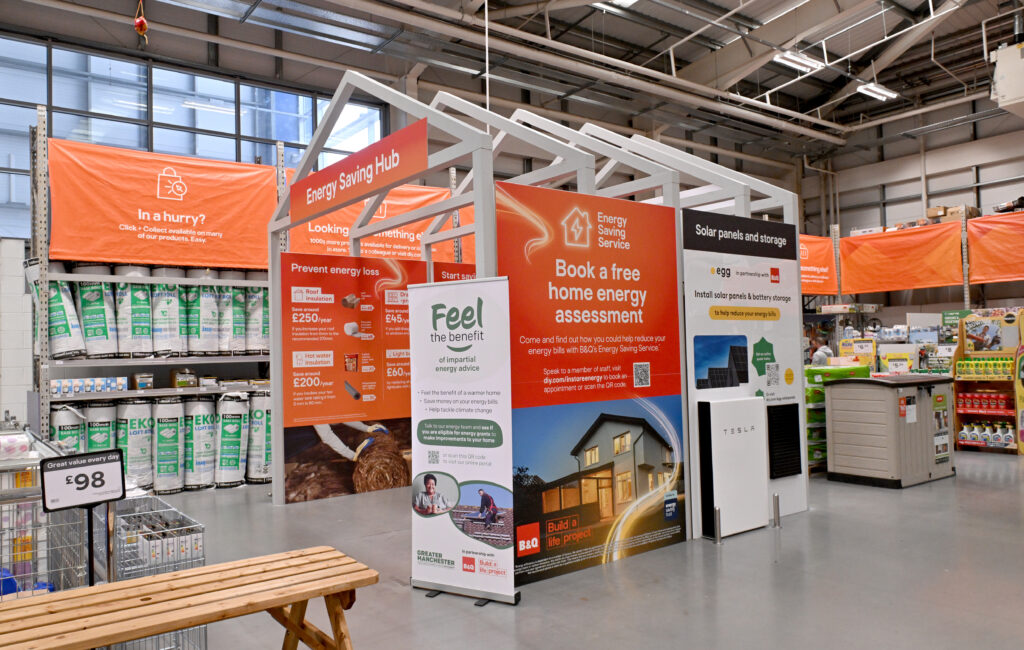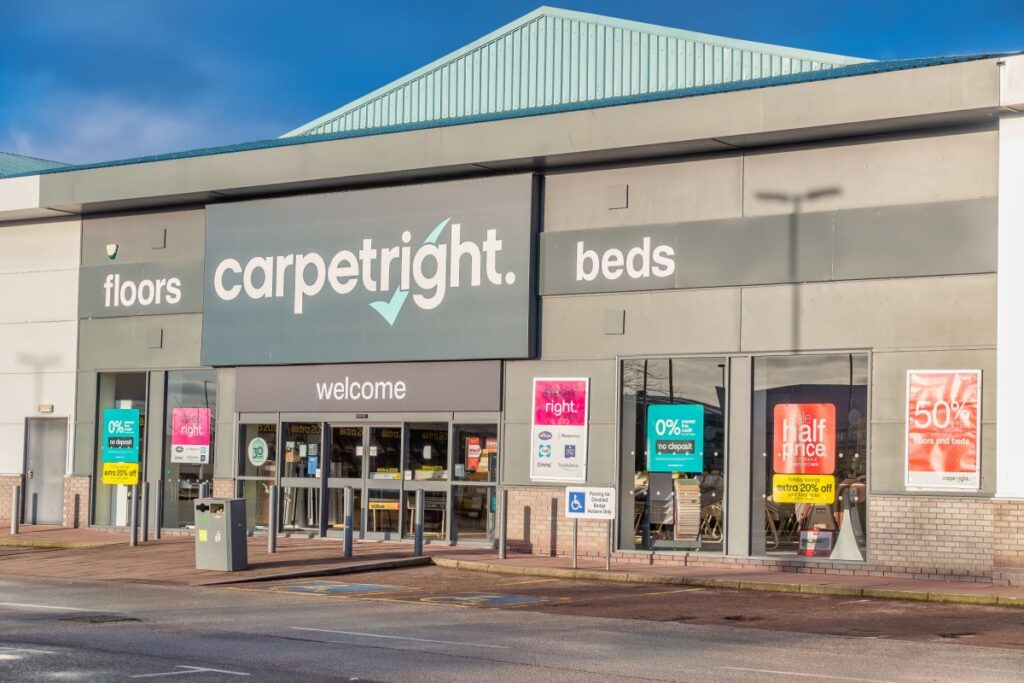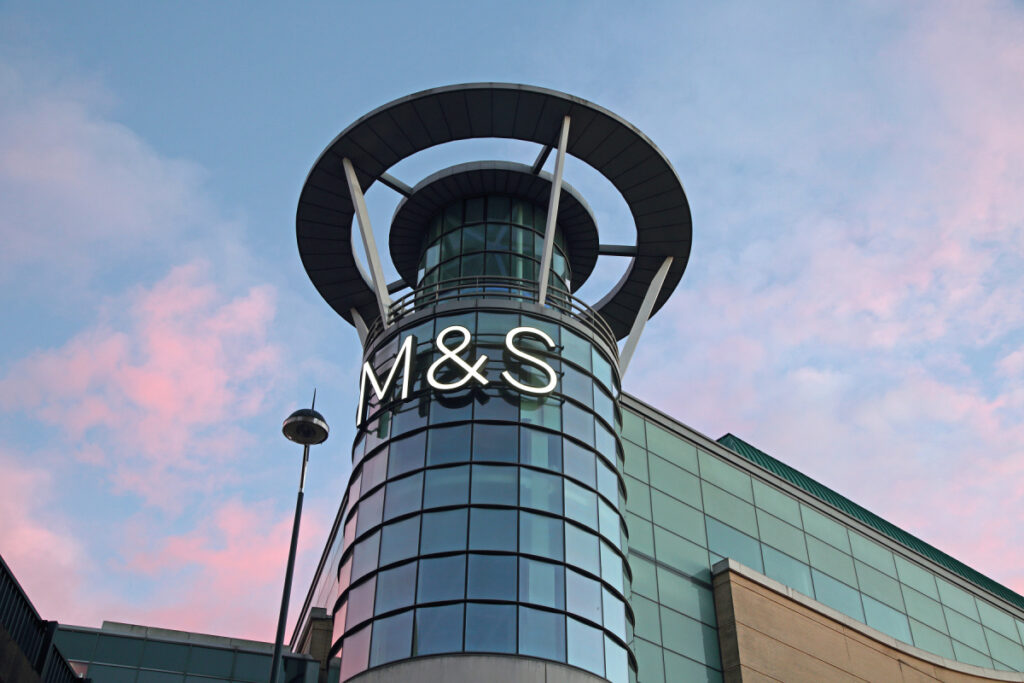Chancellor George Osborne has delivered his Budget this afternoon and announced that economic growth is forecast at just 0.6 per cent this year, half the 1.2 per cent predicted in his Autumn Statement, though failed to respond to retailers calls to freeze business rates to reduce costs.
In his speech to the Commons, Osborne announced that the fuel duty rise planned for September is to be scrapped, easing pressures on consumers and businesses alike, though made no mention of a change to business rates which are crippling retailers throughout the country.
Many fear that the Chancellor has missed an opportunity to boost the retail sector and Ian MacRitchie, Chairman of fashion retailer Hobbs, said the current method of calculation must be changed.
“High business rates are harmful to growth, as proven by the growing gaps on UK high streets,” McRitchie explained.
“This is why we are joining the industry in calling for changes to how rates are calculated.
“If the Government is seeking to revive British retail and wishes to support successful brands in order to help businesses achieve their full domestic and international potential, they should have seized their opportunity to introduce a system that produces fairer and more affordable rate increases.
“Basing a year‘s worth of rates bills on one month‘s RPI makes little sense and there are a variety of alternative options, such as using the Consumer Price Index or diluting inflation volatility by using a 12-month average RPI rate.
“Businesses like Hobbs have adjusted to the new multichannel, multi-national retail reality. Retailers have moved with the times and now the Government must do the same.”
The Government will invest £3 billion in infrastructure, while also announcing a number of cuts aiming to reduce the cost of living, such as scrapping the planned alcohol duty rises that would have seen prices increase above inflation while the price of a pint of beer has fallen by a penny.
In a bid to boost the personal finances of lower income households who are continuing to struggle amid economic gloom, Osborne announced a £10,000 tax free personal allowance, a move initially called for by pressure group the British Retail Consortium (BRC).
Commenting on the move and the Budget as a whole, BRC Director-General Helen Dickinson said: “Accelerating progress towards the target £10,000 personal allowance is something we suggested as a way of easing the pressure on household budgets, giving customers the means to spend and increasing confidence in the wider economy.
“The support that was secured for customers wasn‘t matched by direct help for high street businesses.
“Economic growth is the key to deficit reduction. This was the Chancellor‘s opportunity to maximise retailers‘ contribution to re-establishing growth by keeping more money in customers‘ pockets and leaving retailers with more money they can invest.
“He‘s done well for hard-pressed households but could have done more to help retail businesses to help him deliver jobs and growth.”
Osborne said that his plans would benefit “those who want to work and get on” while noting that the Government “should put jobs first” and unveiled a £2,000 Employment Allowance from National Insurance (NI) next year, a move which will aid independents and SMEs in employing more staff.
However, a reduction in corporation tax and changes to NI contributions will not be introduced until 2014/15, and this may undermine job creation measures aimed at stimulating growth.
Opposition leader Ed Miliband attacked Osborne‘s plans as “a downgraded Budget from a downgraded Chancellor”, adding that “Britain deserves better than this”, and experts agree that the announcement has done little to boost spirits across the retail world.
Neil Saunders, managing Director of analyst firm Conlumino, explained: “In short, th
RELATED STORIES

















